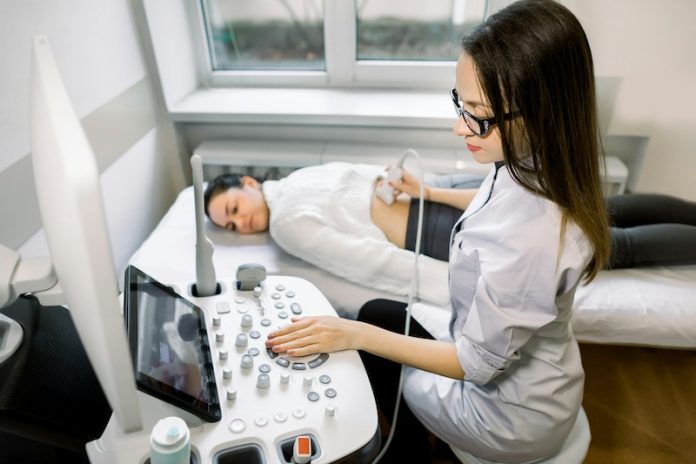
Parkinson’s disease (PD) and other Lewy body diseases (LBDs) are neurodegenerative disorders that affect movement, thinking, and overall brain function. These diseases are associated with the abnormal accumulation of a protein called α-synuclein, which forms clumps known as Lewy bodies inside nerve cells.
When these protein clumps build up, they can damage brain cells and lead to the symptoms of Parkinson’s disease.
Recent studies have suggested that Parkinson’s disease may not always start in the brain. Some researchers believe that in certain cases, it begins in other parts of the body—particularly in the gut.
Now, a new study from Renmin Hospital of Wuhan University provides strong evidence that kidney failure may also contribute to the development of Parkinson’s disease by triggering the spread of α-synuclein from the kidneys to the brain.
How Kidney Failure May Contribute to Parkinson’s Disease
The study, published in Nature Neuroscience, explored the connection between kidney failure and Parkinson’s disease. The research team, led by Dr. Zhentao Zhang, examined kidney samples from Parkinson’s patients and individuals with chronic kidney disease.
They found high levels of α-synuclein in the kidneys of these patients. This raised an important question: Could the misfolded protein travel from the kidneys to the brain and contribute to neurodegeneration?
To investigate this further, the researchers conducted experiments on mice. They artificially induced kidney failure in mouse models of Parkinson’s disease and observed that the condition worsened PD-related brain changes.
When they injected α-synuclein fibrils directly into the kidneys of healthy mice, they found that the protein spread to the brain over time. However, when they blocked communication between the kidneys and the brain, the spread of α-synuclein was stopped.
What This Means for Parkinson’s Research
This study provides important new insights into the causes of Parkinson’s disease. While scientists have long known that α-synuclein buildup in the brain plays a key role in the disease, this research suggests that, in some cases, the protein may originate in the kidneys before traveling to the brain.
This type of Parkinson’s disease, sometimes called body-first PD, differs from the traditional view that PD starts in the brain itself.
If future studies confirm these findings, this could open the door to new treatment strategies. One possibility is that reducing α-synuclein levels in the blood could slow or even prevent the progression of Parkinson’s disease. Scientists are now working to understand exactly how α-synuclein builds up in the kidneys and how it travels to the brain.
Future Directions
The research team plans to investigate the molecular mechanisms that allow α-synuclein to move from the kidneys to the brain. Understanding these pathways could lead to new therapies that target early stages of Parkinson’s disease, potentially slowing its progression before it severely affects brain function.
This discovery also highlights the importance of kidney health in neurological conditions. If kidney disease contributes to Parkinson’s, then monitoring and treating kidney function could become an important part of PD prevention and management.
Conclusion
This study presents compelling evidence that kidney failure may play a role in the development of Parkinson’s disease. By showing that α-synuclein can accumulate in the kidneys and spread to the brain, the research challenges previous assumptions that PD originates solely in the brain.
While more studies are needed, this finding could help scientists develop new treatments to slow or stop Parkinson’s disease in its early stages.
If you care about Parkinson’s disease, please read studies that Vitamin B may slow down cognitive decline, and Mediterranean diet could help lower risk of Parkinson’s.
For more information about brain health, please see recent studies that blueberry supplements may prevent cognitive decline, and results showing Plant-based diets could protect cognitive health from air pollution.
The research findings can be found in Nature Neuroscience.
Copyright © 2025 Knowridge Science Report. All rights reserved.



